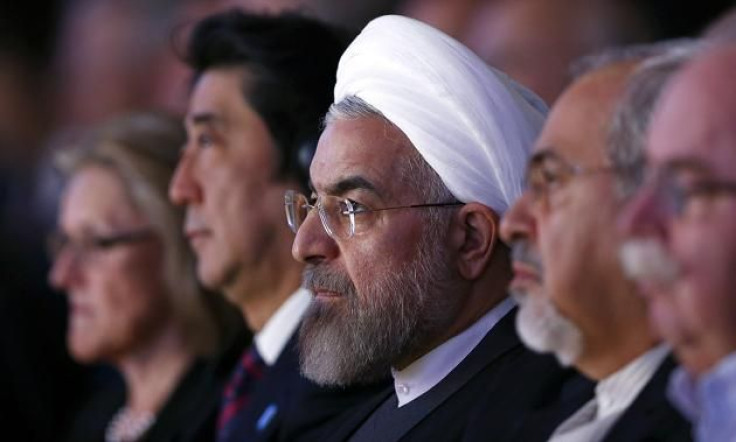Iran Expects Next Payment Under Nuclear Deal, Confirming Compliance

(Reuters) - Iran expects to get a fifth installment this week of previously blocked overseas funds, a senior official was quoted as saying, a payment that would confirm Iranian compliance with a landmark deal with world powers to curb its nuclear program.
Under last year's interim agreement that took effect on January 20, Iran will receive a total of $4.2 billion of such funds in eight payments over six months, if it lives up to its part of the accord aimed at allaying fears about its atomic aims.
It says it has already received four transfers in February and March, totaling some $2.1 billion. A fifth payment of $450 million was due on April 15, contingent on Iran having diluted half of its most sensitive stockpile of nuclear materials. Diplomats say Iran is meeting its commitments under the accord.
Deputy Foreign Minister Majid Takht-Ravanchi told the official IRNA news agency on Tuesday that the latest installment "was to be freed today", without giving details. Takht-Ravanchi is a senior member of Iran's nuclear negotiating team. The English-language IRNA report was dated April 16.
The head of the U.N. nuclear agency, Yukiya Amano, last week told Reuters that the nuclear agreement between Iran and the powers - the United States, France, Russia, Germany, China and Britain - was being implemented as planned.
The International Atomic Energy Agency (IAEA), which has inspectors on the ground in Iran, issues monthly updates on whether Iran is complying with the deal. The next update is expected this week.
Under the November 24 agreement, Iran agreed to halt its higher-grade uranium enrichment work and to dilute and convert its stockpile of uranium enriched to a fissile purity of 20 percent.
Enriched uranium can be used to power nuclear power plants, Iran's stated goal, but also provide material for bombs if refined to a high degree, which the West fears may be the country's ultimate aim. Iran denies those suspicions.
The interim agreement was designed to buy time for Iran and the powers to negotiate a permanent deal to resolve the decade-old dispute over the Islamic Republic's nuclear program. Talks got under way in February with a self-imposed July 20 deadline for an agreement.
(Reporting by Fredrik Dahl; Editing by Louise Ireland)
© Copyright IBTimes 2024. All rights reserved.
Join the Discussion
Editor's pick











